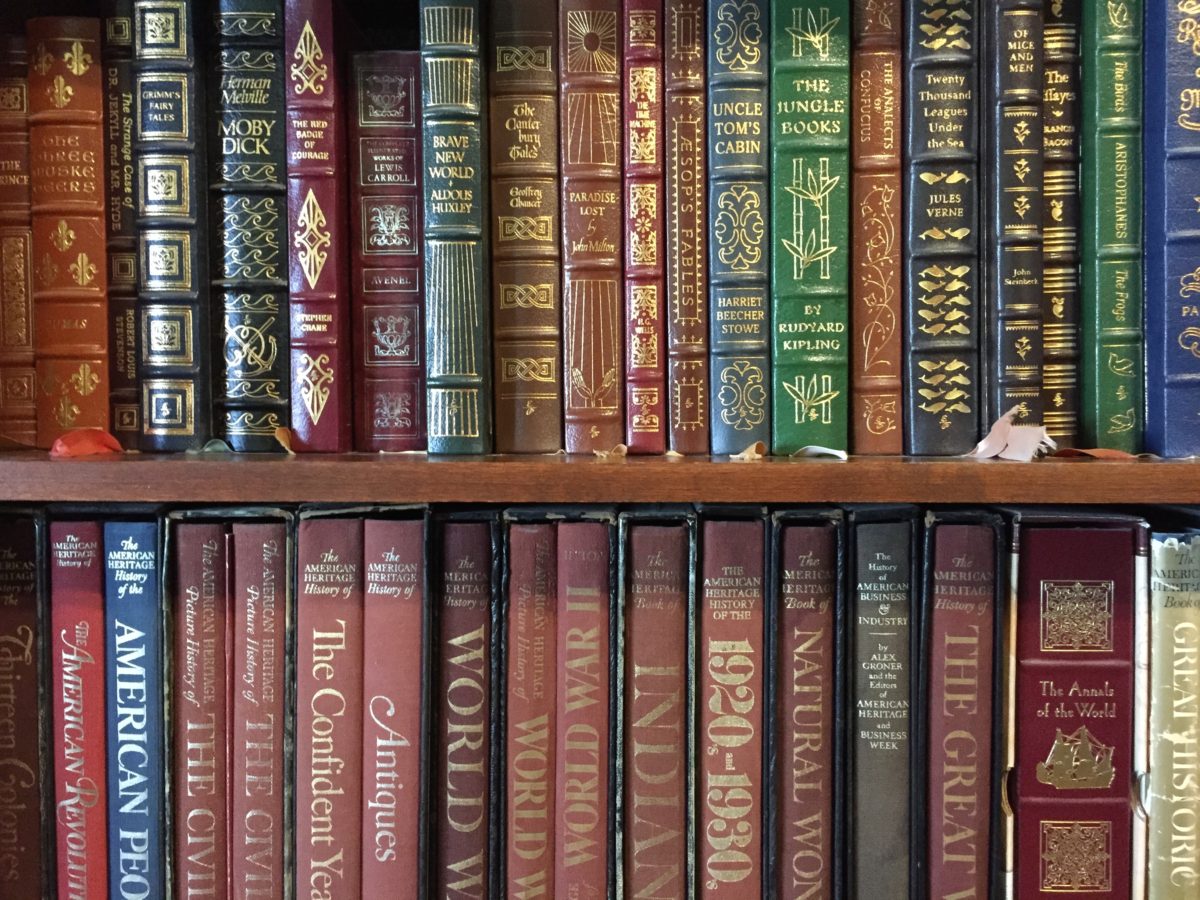Were you able to answer last week’s worldview questions—
- What’s your worldview?
- Why do you believe what you believe?
- Who’s had the greatest influence in your life, and why?
Perhaps you were able to write down what you believe in several sentences, even though you might not have been able to put a title to the worldview philosophy it fell under.
But I’m going to guess that answering Why you believe what you do might be tougher to answer.
A story of worldview failure and the lifelong negative effects—
I once asked a friend why she’d become an atheist, and she revealed to me that one day in Sunday School class, when she was a little girl, she asked her Sunday school teacher: “Why do you believe that? How do you know that’s true?” The answer she received from her Sunday school teacher was less than affirming, or confirming, and it would have a lasting, dramatic affect on my friend’s life and faith.
What was the teacher’s answer?
“I just know it’s true.” That’s it. No defense, no apologetics, no explanation to satisfy the thoughtful curiosity of a very inquisitive child. (My friend would go on to become an investigative journalist). My friend claims she was so frustrated and disgusted that she lost all faith in God or Christianity, because, as far as she could see, even her teacher didn’t know why she believed what she professed to believe. Thirty years later, my friend still had a tone of disdain in her voice for that teacher, who definitely let this seeking little girl down. With a thud.
What’s the moral of that story?
The Apostle Peter provides it in his first personal letters to Christian believers. The Amplified Bible gives a great, thoughtful rendering—
“But in your hearts set Christ apart [as holy—acknowledging Him, giving Him first place in your lives] as Lord. Always be ready to give a [logical] defense to anyone who asks you to account for the hope and confident assurance [elicited by faith] that is within you, yet [do it] with gentleness and respect” (1 Peter 3:25).
The CEV version gives it to us short and sweet:
“Honor Christ and let him be the Lord of your life. Always be ready to give an answer when someone asks you about your hope.”
But many of us can’t put our faith into a logical explanation. Or we use a lot of Christian-speak that flies right over the head of unbelievers. They end up looking at us with glazed eyeballs, no closer to the truth than they were before asking us. Or, worse yet, they wind up moving farther away from a life-saving faith!
Because we’re not always ready to give an answer to someone when they ask us about our hope. We can’t give a logical defense for our beliefs. And you can imagine what that leaves them thinking about those beliefs and us.
Throughout history there have been a lot of thinkers and writers whose beliefs and teachings have had a profound impact on us. When they philosophized about life, their thoughts usually centered on God and His existence, or non-existence. Their beliefs have colored our world without us being aware of it.
When my friend didn’t get the answer she was seeking, she sought knowledge elsewhere. These thinkers colored her worldview and shaped her beliefs. They provided—what seemed to her—to be cogent answers to life’s big questions. And these thoughts have been guiding her life and decisions for decades.
Next week—
We’ll begin looking at 19 of the most well known thinkers and philosophers of all time and will specifically explore what these men thought about God in human history. Your knowledge of their thoughts, conclusions, and how they intersect, or diverge from, God’s word is important for living a true, well-balanced life.

But let me leave you with several questions to ponder before I sign off:
- How would you have answered my friend? When she was little? Now—as an adult?
- Have you taken Peter’s instructions to heart? Are you ready to give anyone who asks a logical explanation for your faith when they ask about it?
Thanks for joining me! I’d love it if you’d take a moment to make a comment! And please share this post with a friend you think might be interested in the topic. Maybe someone you’d love to enjoy a philosophical discussion with!
Until next week,
may you always be ready to logically explain your faith and hope—in much joy, gentleness and thanksgiving!
Blessings,
Andrea
May you prosper in all things and be in health, just as your soul prospers (3 John 2).
Photos courtesy of Google Images

